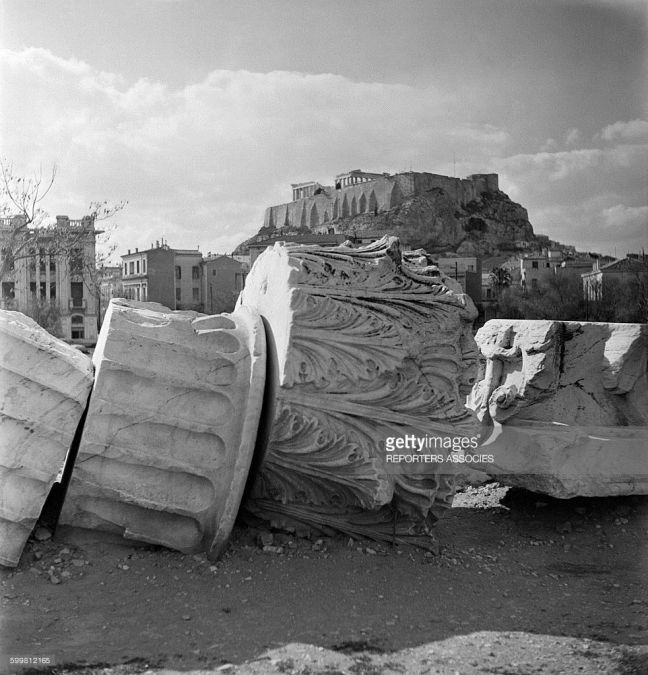Introduction
Saul, the first king of Israel was a man fortunate to be anointed, but who regretfully lost the purpose for which he was anointed. He was tall, handsome, strong, rich, and powerful, but all of this was not enough to make him someone we should emulate. He was tall physically, but he was small in God’s eyes.
He was handsome, but his sin made him ugly. He was strong, but his lack of faith made him weak. He was rich, but he was spiritually bankrupt. He could give a command to many, but he could not command their respect or allegiance. Saul looked good on the outside, but he was decaying on the inside.
He started relatively well, but at the sight of David (his would-be replacement due to his bad deeds and disobedience to God), he became murderous. He terrorised and victimised David seeking to kill him; in fact, he dedicated a larger percentage of his time to seeking the life of David than to seek the face of God for repentance and restoration.
He starkly, repeatedly disobeyed God’s instruction and operated in the office for which he was not qualified. To cap it all, he abandoned prayers and holy sacrifices by visiting a witch in order to know the future.
The Day Power Fell Was the Day the Enemy Prevailed
There was a war between Israel and Philistine, and in a strange manner Israel lost the war; in actual sense, they fled before their enemies as if there was no God in Israel anymore.
In a battle, King Saul was hit and badly wounded, and he eventually took his own life. It was a day of sadness and the death of an icon.
Saul’s time was up and the event through which he would die was in place, although he did not know from the start, at a point he knew that he’d die, and nothing was on his mind than death, even David his arch-enemy was not on his mind.
Every bad leader and bad leadership have their termination dates, and the account of Saul’s death should serve as a warning to everyone serving in one capacity or the other as a leader. This is because, there is a purpose for every position God has placed us, and if we fail to promote righteousness and justice among the people that we lead, we are only setting ourselves up for losing power, shamefully at that.
A fall awaits every leader who opposes and neglects God’s desire for his people; a fall so great that it will be terminal and irredeemable.
Conclusion
Saul was powerful. He was power personified. He used all in his power, every elite soldier in his army, and best weapons in his arsenal to pursue David in order to kill him, blindly ignoring the fact that one day, his reign will come to an end and lose the power he so much clings to. He faced death the same way he faced life. He took matters into his own hands without thinking of God or asking for His guidance. If our lives are not the way we would like them to be now, we cannot assume that change will come easier later. When nearing death, we will respond to God the same way we have been responding all along. Coming face to face with death only shows us what we are really like.
How do you want to face death? Start facing life that way right now, because a strong relationship with God and a strong character are much more valuable than a good-looking exterior.
With further commentaries adapted from the New Living Bible Version
(Photo credit: http://www.gettyimages.com http://www.pinterest.com)
